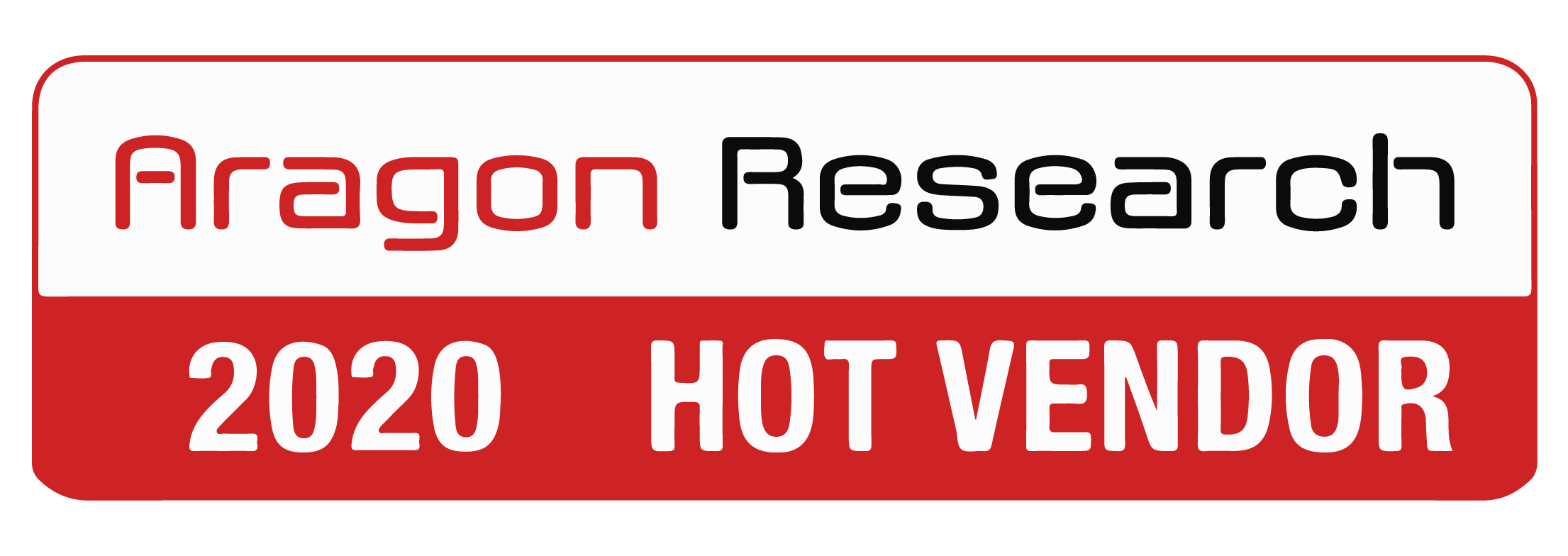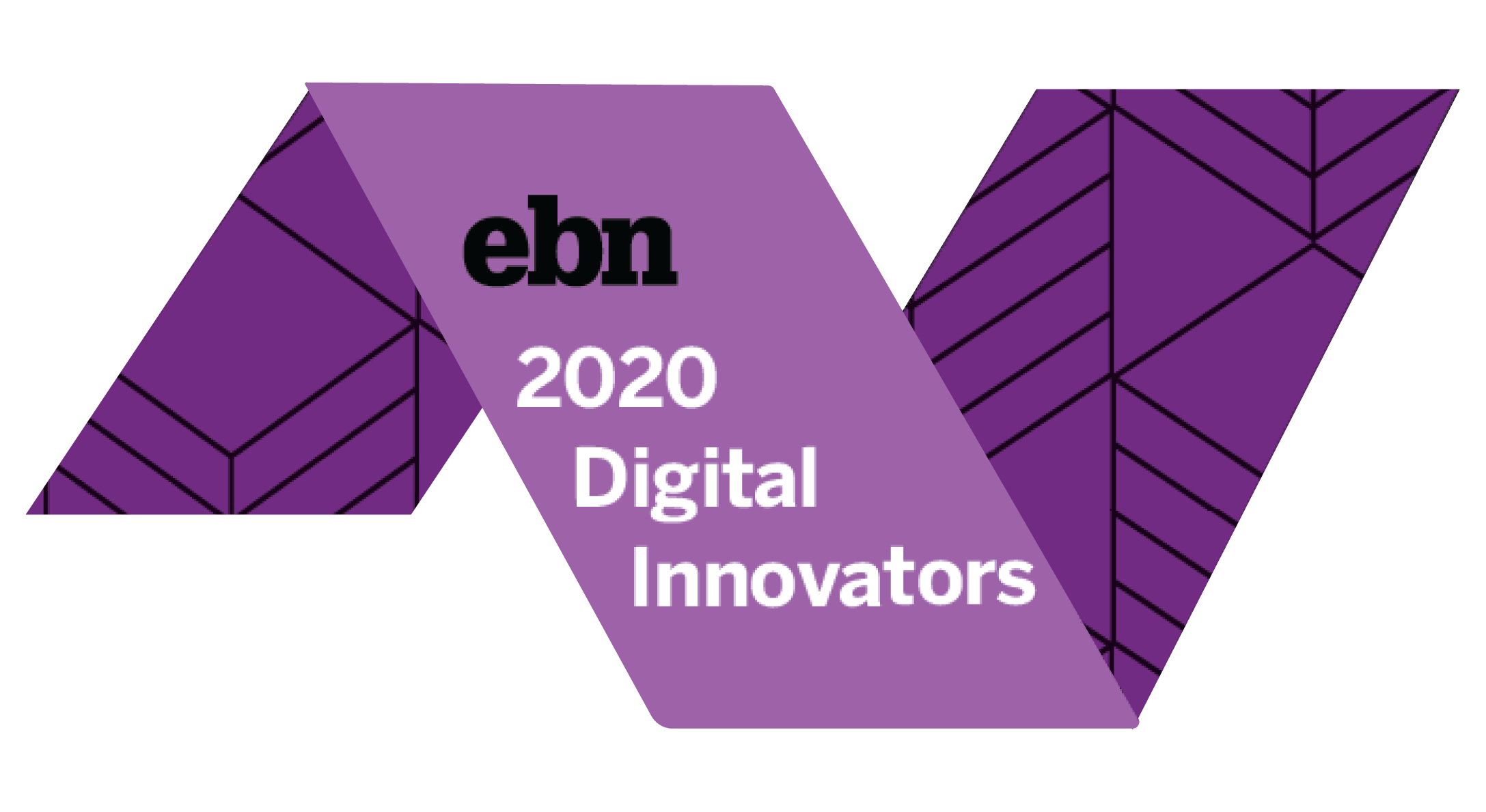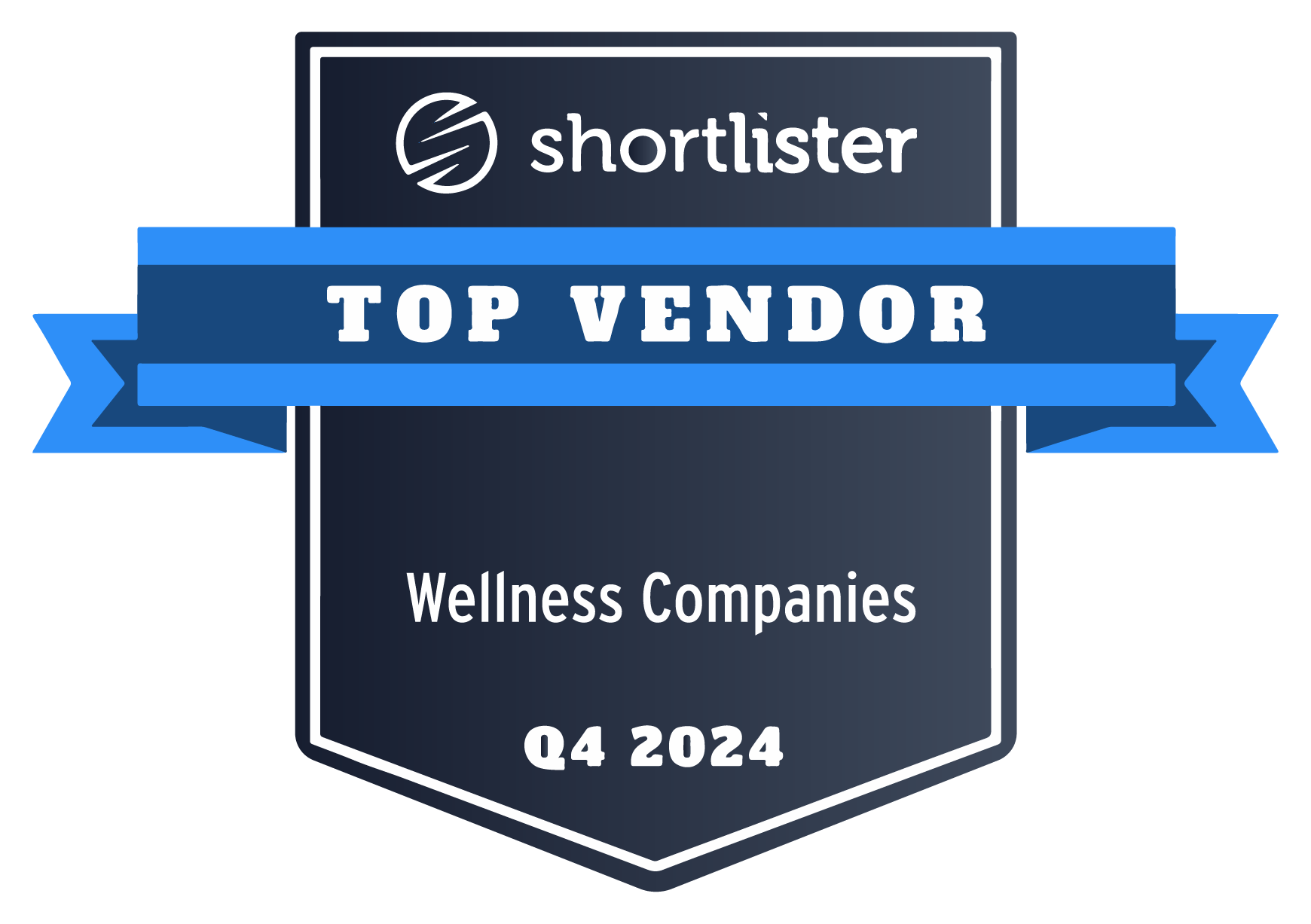Did you miss the live webinar? Watch the recording now and explore the results of our 2022 Wellness Barometer Survey.
The past few years have created unprecedented challenges for employers, HR teams and the employees they serve. With rising inflation, increased market volatility, and mounting employee stress, employee wellness and fostering a culture of care and belonging are critical to keeping employees happy and engaged.
BrightPlan recently hosted a panel discussion on what’s top of mind for both employees and HR leaders in the current market environment. The session featured Neha Mirchandani, CMO & Head of People at BrightPlan, Emily Payne, Deputy Editor Regulated Markets at ALM, Jake Daly, Retirement Plan Advisor at Newfront Insurance, and Anne Burkett, National Practice Leader, Workforce Solutions at USI Insurance Services.
The webinar also delved into key insights from BrightPlan’s 2022 Wellness Barometer Survey looking at the state of wellness in today’s workplace.
Here are some key takeaways from the session:
Economic uncertainty is shaping the employment agenda
72% of employees are stressed about their finances, up from 65% last year—and nearly 9 in 10 employees revealed that they are reassessing their financial situation. Rising inflation (79%) and retirement planning (59%) are major drivers, with employees contributing significantly more to retirement during this time.
Great Resignation is driving cultural change
Mounting stress and burnout have caused employees to reevaluate their definition of work, fueling the Great Resignation. 78% of employees are placing a greater emphasis on work/life balance, 38% are seeking greater mission and purpose from work, and 25% are looking to take a break from work (40% for respondents ages 18-25).
Employee well-being has taken a turn
The trends in employee priorities, and the evolution of the workplace, reflect the struggles workers are facing. An all-time high level of stress is having an effect on employees’ overall well-being, with deteriorating financial health impacting both mental health (77%) and physical well-being (52%). Those reporting financial stress say they lose, on average, 11.4 hours in productivity every week–an amount that translates to more than $4 billion in lost productivity weekly for U.S. employers*.
Employers are responding with innovative solutions
Companies are addressing employee careabouts by offering increased flexibility, work from home allowances, higher salaries/bonuses and a new range of innovative wellness benefits. It’s about creating quality employee experiences with a more human side to employee benefits. For instance, family friendly benefits, such as caregiver assistance, fertility and adoption assistance, can make a significant impact on employees’ lives and make them feel seen and valued by their employer.
Financial health must be confronted
Employees are focused on their financial lives and are asking for help. Many are taking action, with 68% increasing their retirement contributions and 63% cutting expenses. Despite this focus on finances, financial literacy is in crisis; only 13% demonstrate basic financial literacy answering 4 of 5 questions correctly (down from 20% last year).
Employers are well-positioned to provide solutions
Employers are in a great position to help, as much of an employee’s financial life is tied to their employer. Nearly 9 in 10 employees expect their employers to offer financial resources. At the top of the list are tools for investing (88%), followed by financial education (87%), and access to a financial professional (84%). These resources can have a positive impact on the business, as 95% of workers say that access to enhanced employer provided benefits would cause them to work harder (60%), feel more financially secure (59%), be more engaged and productive (58%), and be more committed/stay longer with the company (34%).
Transparent and empathetic communications are key
Amid rising inflation and volatility in the market, employees are looking for stability. While employers can’t control what’s happening in the world, they can control the message their employees are hearing. Responding with care and emphasizing frequent and transparent communication is key. Perhaps employers can’t raise wages to keep pace with inflation, but they can assure employees that they’re doing what they can. For instance, conduct a market analysis of how employees’ compensation compares with that of other companies and remind them of all the benefits you offer to support them during these times. Help employees cope and let me know they are being seen and heard.
DE&I needs to be part of the DNA
The pandemic has helped improve workers’ trust in their employers. 89% feel their company is doing a good job addressing diversity, equity and inclusion (DE&I). However, one-third still do not feel completely safe or comfortable at work, with Asian-Americans (49%), healthcare workers (42%), LGBTQIA employees (42%), and more females (36%) than males (28%) not feeling completely safe at work.
Inclusion and belonging needs to be central to the conversation about building world class benefits. With increased financial and other stressors, marginalized groups are experiencing significant headwinds. Employers need to look for opportunities to reach out to their employees to ensure they feel included and heard and that they are supporting them in the right ways.
With rising stress and continued economic uncertainty, employers will do well to address their employees’ holistic well-being (physical, mental and financial), both in and out of the office. Listening to what employees need, and responding with innovative benefits and support structures, can help organizations to better attract, engage, motivate and retain a happy and productive workforce.














